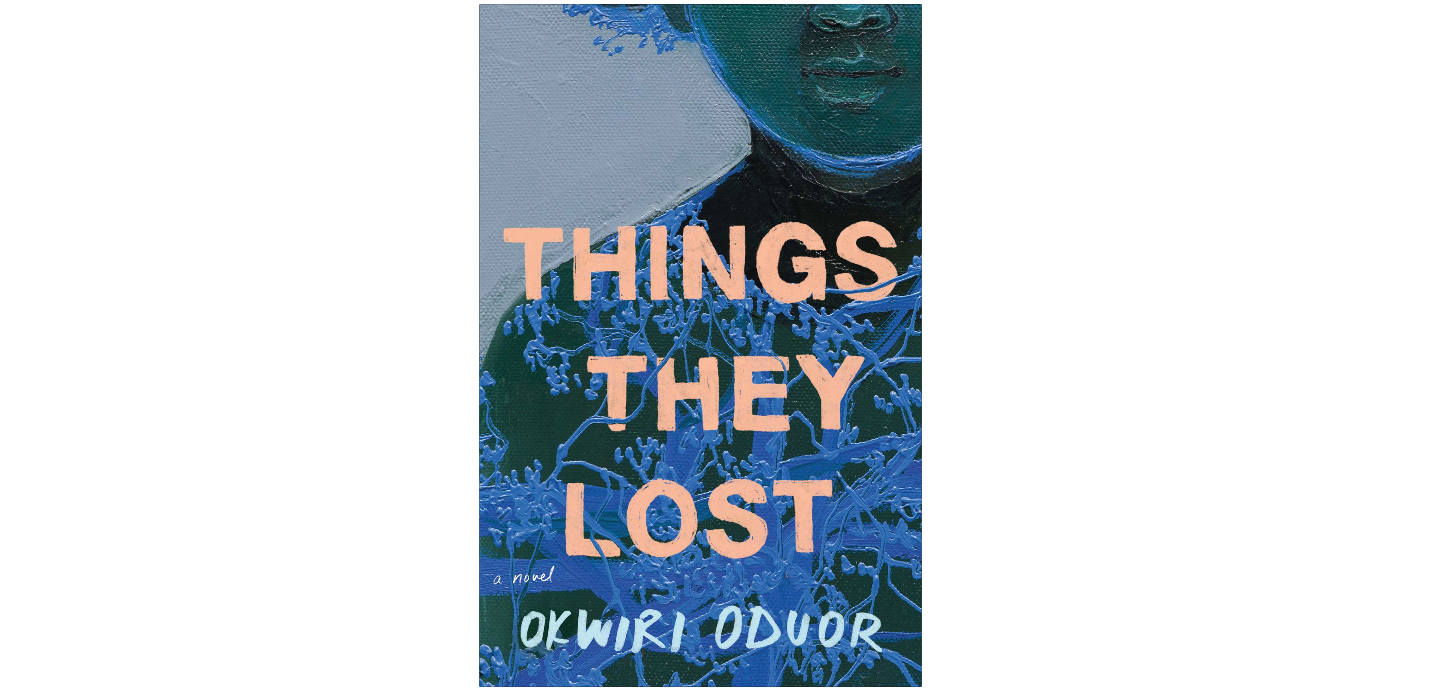

Okwiri Oduor’s Things They Lost is a novel that refuses to be forgotten. It seeps under the skin, tugging at memory and dream, grief and tenderness, until the reader feels stitched into its haunted fabric.
Set in a liminal Kenya, where spirits drift as easily as gossip and where silence can wound as deeply as absence, it tells a story that is both intimate and sweeping, a meditation on mothers and daughters, inheritance and erasure, loss and the fragile possibility of love.
From the first pages in Mapeli Town, a village cradled between the human and spirit worlds, we meet Ayosa Ataraxis, born with a gift and a burden — she can access memories not her own, the past lives of the women around her, including those of her mother, Nabumbo Promise.
Ayosa’s early years are shot through with absence. Her mother comes and goes, leaving behind shadows, mysteries, and ruptures that Ayosa must dance around, unravel, try to understand.
Her only constants are the crumbling manor inherited from her great-grandmother, Manor Mabel Brown; the ghostly Fatumas; the uncanny birds called the Jolly-Annas; and, eventually, friendships fragile and fierce, especially with Mbiu, a motherless girl whose presence offers Ayosa both reprieve and a mirror.
What makes Things They Lost so arresting is how the author refuses to let Ayosa’s pain be neat or her world tightly bounded. Generational trauma coils through the story, from great-grandmother to grandmother to mother to daughter, and each woman’s loss is both unique and echoed in the next.
As the author writes, “All the women carried within them the grief of their mothers and their mothers’ mothers, like dolls stacked one inside the other.” It is this inheritance of silence, broken promises and longing that Ayosa cannot escape yet is compelled to reckon with.
But this is not a book of unrelenting darkness. The author’s prose is lush, sensuous, even playful in its imagery. Images of insects, rivers, nectar, birds — every small living thing shimmering with meaning — cut through the weight.
There is a surreal magic: bodies shape-shift, memories pile up like layers in a painting, and the natural world pulses with presence. This magical realism is not a flourish but the scaffolding of the novel. Through it, Ayosa feels not only what has been lost but also what might still be claimed.
The relationship between Ayosa and her mother Nabumbo Promise is the beating heart of the novel: love entwined with betrayal, yearning with repulsion, admiration with fear. Promise is terribly human: dazzling and distant, charismatic and flawed. While Ayosa loves her fiercely even when her mother’s departure or her coldness wound deeply, at times, Ayosa recoils from her mother’s touch. Yet it is in those broken places we see both women, one trying to hold together the fragments of her own painful past, the other trying to make sense of inheriting that weight.
The author also weaves in the larger tapestry of Kenya’s history, particularly around moments of disappearance, human rights abuses and collective trauma during the Moi era.
These are not background details so much as living shadows, alive in the rhythms of rumour, in what people cannot say, in the empty spots in families and communities. The novel asks how nations, as well as women and children, live when memory is fractured by violence, neglect or erasure.
Perhaps what is most powerful is how Things They Lost balances atmosphere with urgency. The narrative does not hurry. As the author puts it, “Grief does not move in a straight line; it circles and returns, like a bird that forgets where it meant to fly.”
The story lets sorrow unfold slowly, like moss creeping over stone. Yet underneath that unhurried sense is tension. Will Ayosa be able to define herself in spite of these burdens? Will she lean into her inherited past or try to step outside it (if stepping outside is even possible)?
If you crave novels that go beyond plot into the depths of feeling; if you are drawn to stories of mothers and daughters shaped by both love and trauma; if you like your literary fiction to bend reality, to let ghosts walk among the living, this one is for you. Things They Lost proves that fiction can be wild, tender, beautiful and sharp, without losing emotional clarity.
















